South Carolina not doing enough to protect beaches, report says
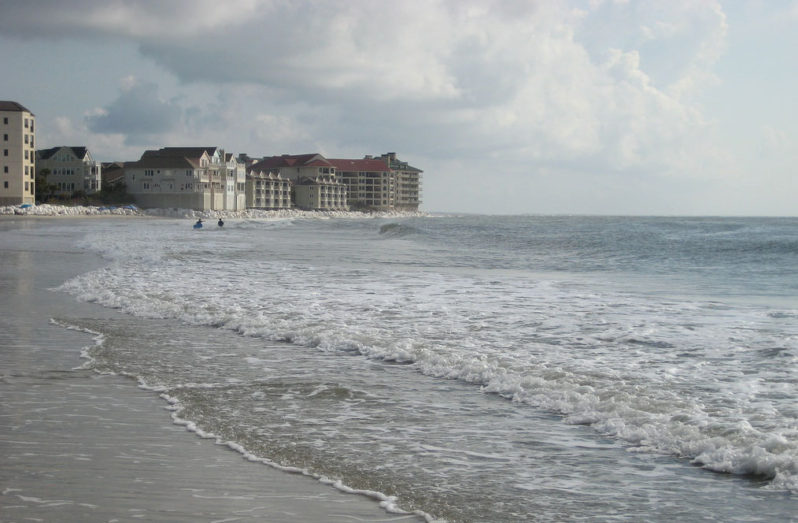
South Carolina’s beach preparations are barely adequate to deal with worsening erosion, sea rise and intensifying storms, according to the latest Surfriders Foundation report.
Study: NC gets ‘D’ for climate change policies
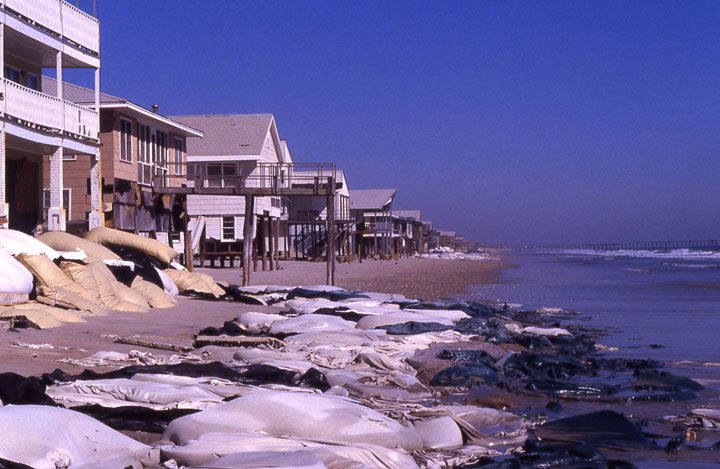
Days after a federal report issued a harsh warning about climate change, an environmental group said North Carolina’s policies leave the state among the most ill-prepared on the East Coast to deal with the effects of rising seas.
Intensifying winds could increase east Antarctica’s contribution to sea level rise
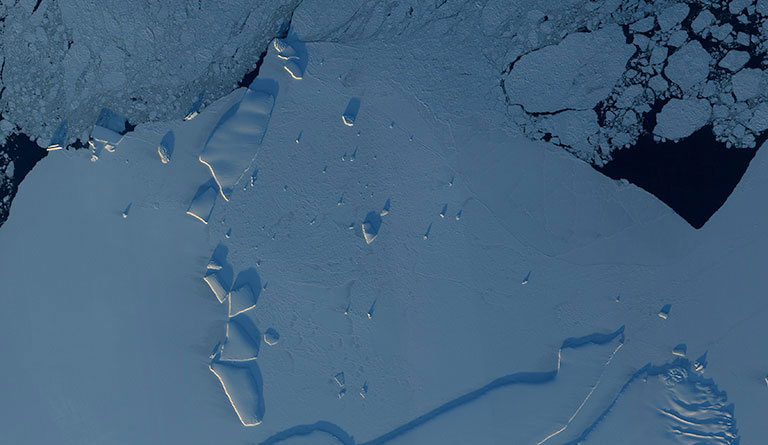
A new study led by the University of Texas Institute for Geophysics has found that wind over the ocean off the coast of East Antarctica causes warm, deep waters to upwell, circulate under Totten Glacier, the largest glacier in East Antarctica, and melt the fringes of the East Antarctic ice sheet from below.
Ancient storms could have hurled huge boulders, scientists say – raising new concerns of rising seas

An international team of researchers has come up with a new theory to explain how two giant boulders could have made their way atop a cliff on the Bahamian island of Eleuthera. They suspect it has something to do with the Atlantic Ocean far below them.
Malibu, CA: Broad Beach Sand Project Costs Jump to $55-60 Million Per Decade
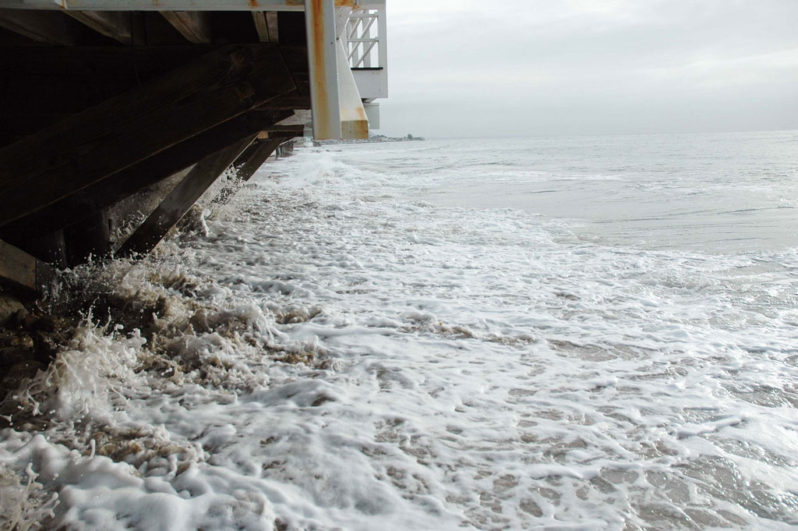
The Broad Beach Geologic Hazard Abatement District (GHAD) is now contending with another set of lawsuits over a project originally estimated to cost about $20 million, which is now estimated to cost $55 to $60 million every 10 years. The project will involve bringing in megatons of sand every few years to restore the disappearing beach and dunes.
How cities are defending themselves against sea level rise
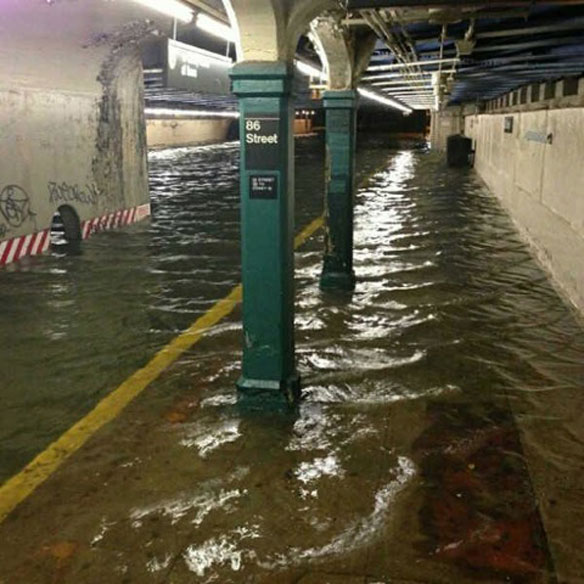
Superstorm Sandy and a series of lesser coastal storms since that 2012 disaster compelled some coastal communities to defend themselves by elevating homes and critical infrastructure, building sand dunes, widening beaches and erecting or raising sea walls. But as sea levels continue to rise around the world, that’s not an option in large cities.
In the Trump era, rising seas still a concern for Defense Department

Climate scientists in the federal government have been on the defensive since President Donald Trump took office in January. But military leaders will continue to address the risks that climate change poses to bases and national security, a senior Pentagon official said at conference Friday on sea level rise.
The Quick Demise of B-44
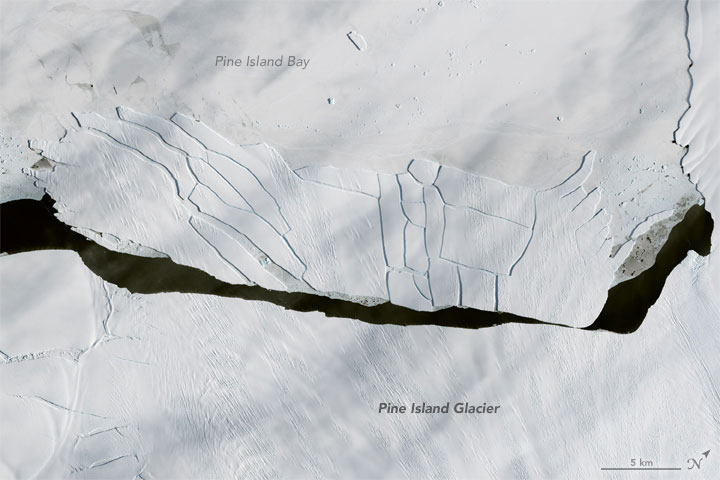
Scientists have long been tracking the retreat of Pine Island Glacier, one of the main outlets where ice from the West Antarctic Ice Sheet flows into the ocean. Attention recently turned once again to the glacier when it calved a large new iceberg, named B-44. Just weeks later, the berg has broken apart.
Waiting for the tide to turn: Kiribati’s fight for survival
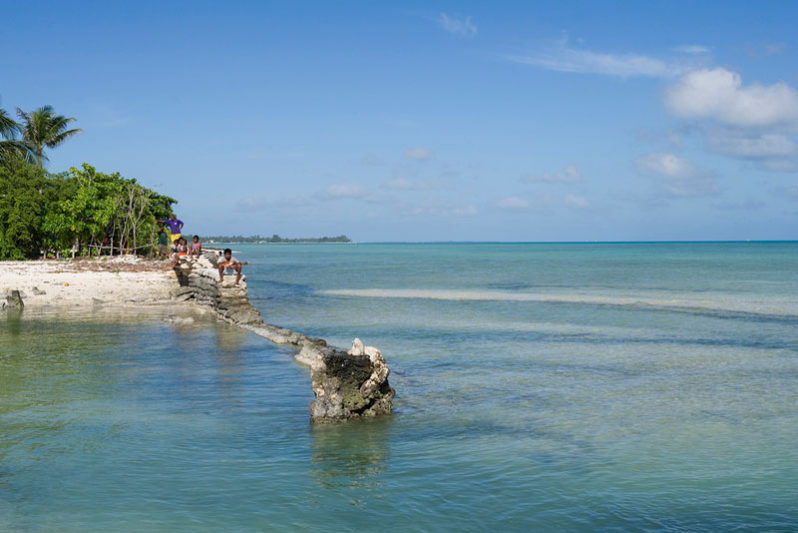
The 33 islands of Kiribati, a remote and low-lying nation in the Pacific Ocean, are under threat from climate change. But the islanders have not given up hope
